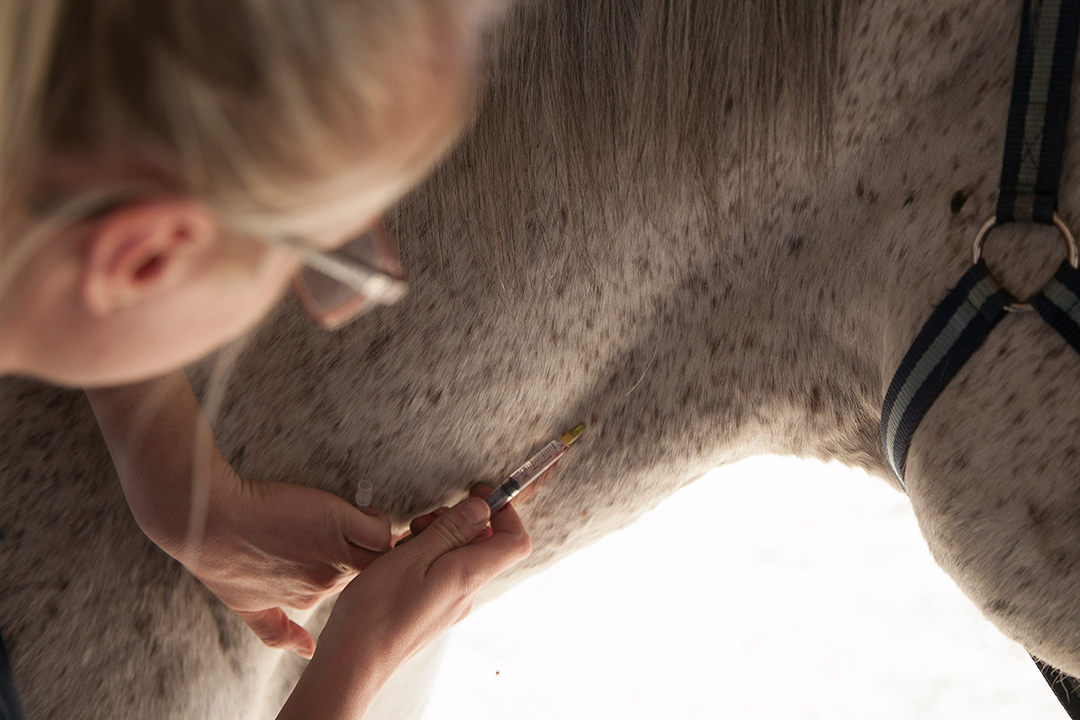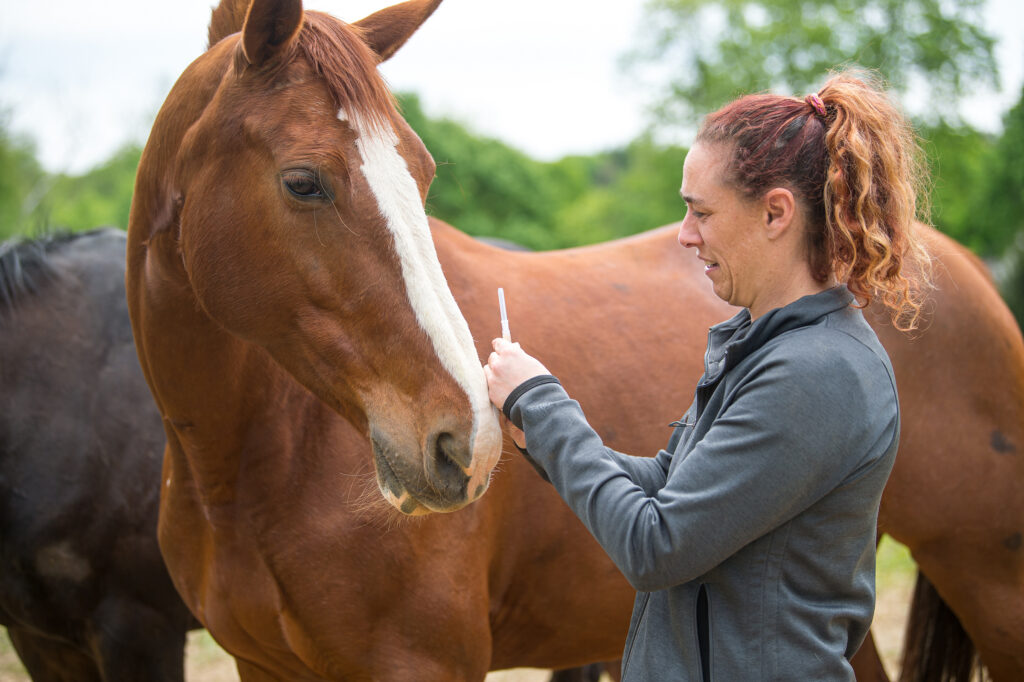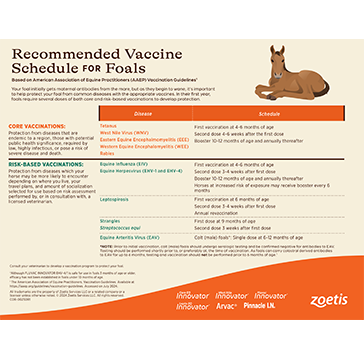Vaccination Schedules: Keeping Your Horse Protected

Vaccination is a critical component of equine health care, helping to prevent infectious diseases that can severely impact your horse’s well-being. Understanding and adhering to a proper vaccination schedule ensures your horse remains protected throughout its life.
Why Vaccinate Your Horse?

Vaccines stimulate the horse’s immune system to recognize and fight specific pathogens, reducing the risk of illness and outbreaks. Common equine diseases prevented by vaccines include:
- Tetanus
- Equine Influenza
- Eastern and Western Equine Encephalomyelitis (EEE/WEE)
- Rabies
- West Nile Virus
- Strangles
Core vs. Risk-Based Vaccines
Vaccines are generally categorized into core and risk-based groups:
| Vaccine Type | Description | Examples |
|---|---|---|
| Core Vaccines | Recommended for all horses due to widespread risk and severity of disease | Tetanus, Rabies, EEE/WEE, West Nile Virus |
| Risk-Based Vaccines | Administered based on the horse’s environment, lifestyle, and exposure risk | Equine Influenza, Strangles, Potomac Horse Fever |
Typical Vaccination Schedule
A typical vaccination schedule varies by region and individual horse needs but generally includes:
| Age/Stage | Vaccine(s) | Notes |
|---|---|---|
| Foals (4-6 months) | Core vaccines start, often with a series of shots | Maternal antibodies may interfere, so timing is crucial |
| Yearlings | Booster doses of core vaccines | Ensures long-term immunity |
| Adult Horses | Annual or biannual boosters depending on vaccine and risk | Some vaccines require more frequent boosters |
Factors Influencing Vaccination Timing
Several factors affect when and how often your horse should be vaccinated:
- Geographic location and prevalent diseases
- Horse’s age and health status
- Exposure risk (e.g., boarding facilities, travel, shows)
- Vaccine type and manufacturer recommendations
Tips for Effective Vaccination
- Consult your veterinarian to tailor a vaccination plan specific to your horse.
- Keep detailed records of all vaccinations, including dates and vaccine types.
- Monitor your horse for any adverse reactions post-vaccination.
- Maintain good overall health and biosecurity practices to complement vaccination efforts.
Frequently Asked Questions (FAQ)
Q1: Can vaccines cause side effects in horses?
A: Mild side effects like swelling at the injection site or slight fever can occur but are usually temporary. Severe reactions are rare.
Q2: How often should adult horses be vaccinated?
A: Most adult horses require annual boosters, but some vaccines may need more frequent administration based on risk.
Q3: Are all vaccines safe for pregnant mares?
A: Some vaccines are safe and recommended during pregnancy, but always consult your veterinarian before vaccinating a pregnant mare.
Q4: What if my horse misses a scheduled vaccination?
A: Contact your veterinarian to develop a catch-up plan; do not simply delay the next dose without professional advice.
Conclusion
Maintaining an up-to-date vaccination schedule is essential for protecting your horse from preventable diseases. Working closely with your veterinarian to customize a vaccination plan based on your horse’s specific needs and risks will help ensure a healthy, happy equine companion.
By following these guidelines and understanding the importance of each vaccine, you can confidently keep your horse protected year-round.
